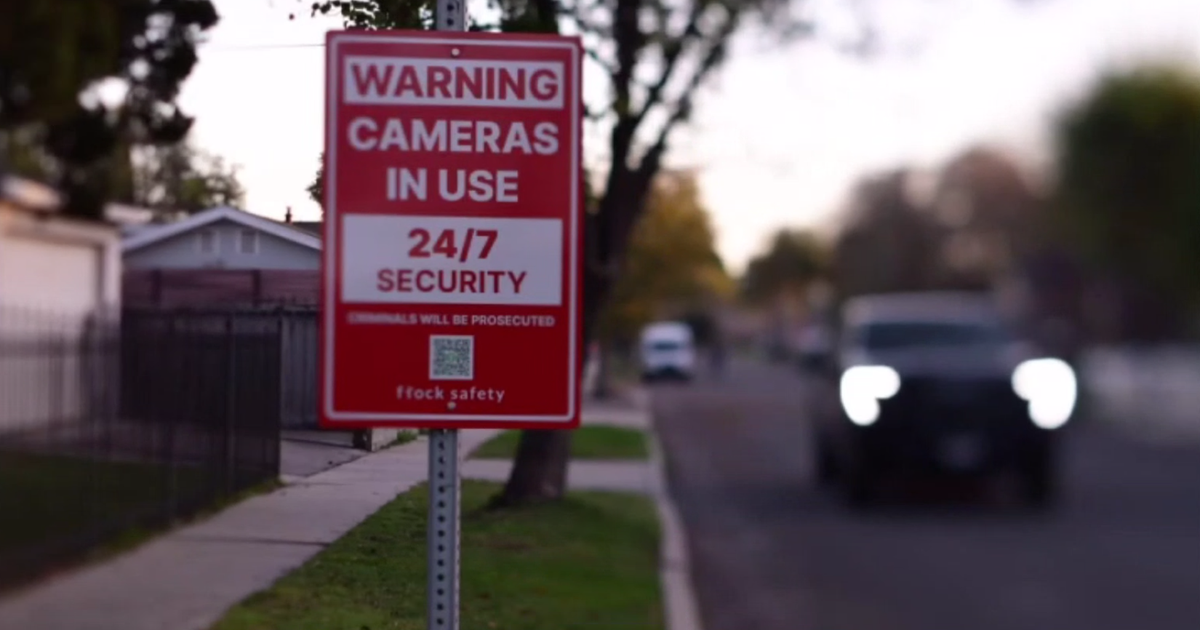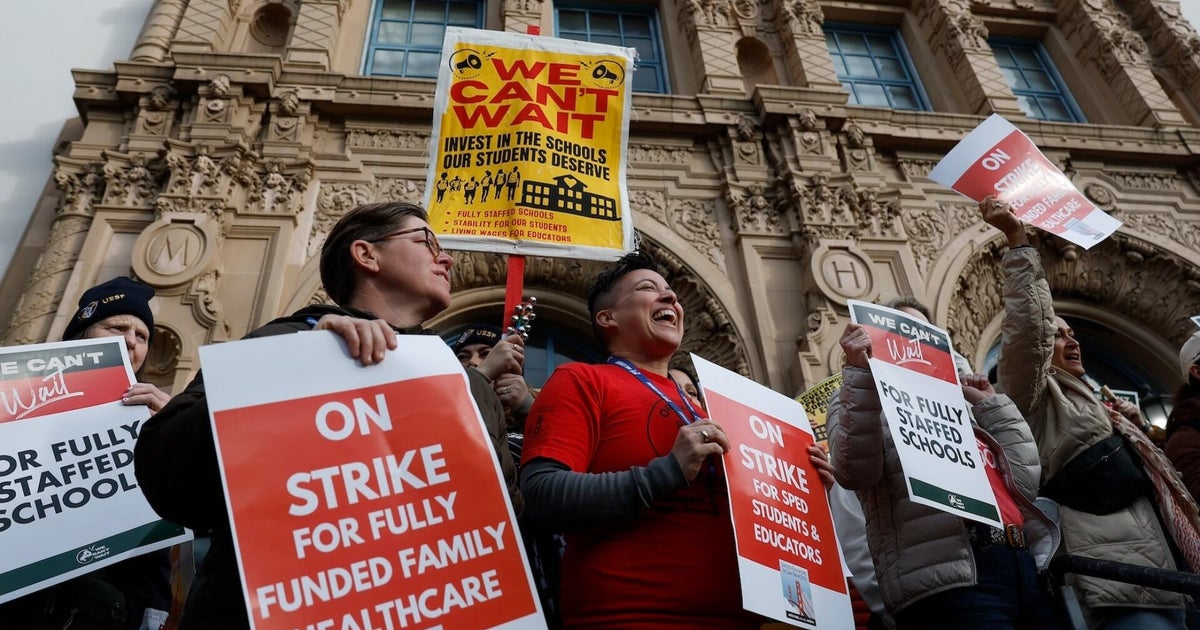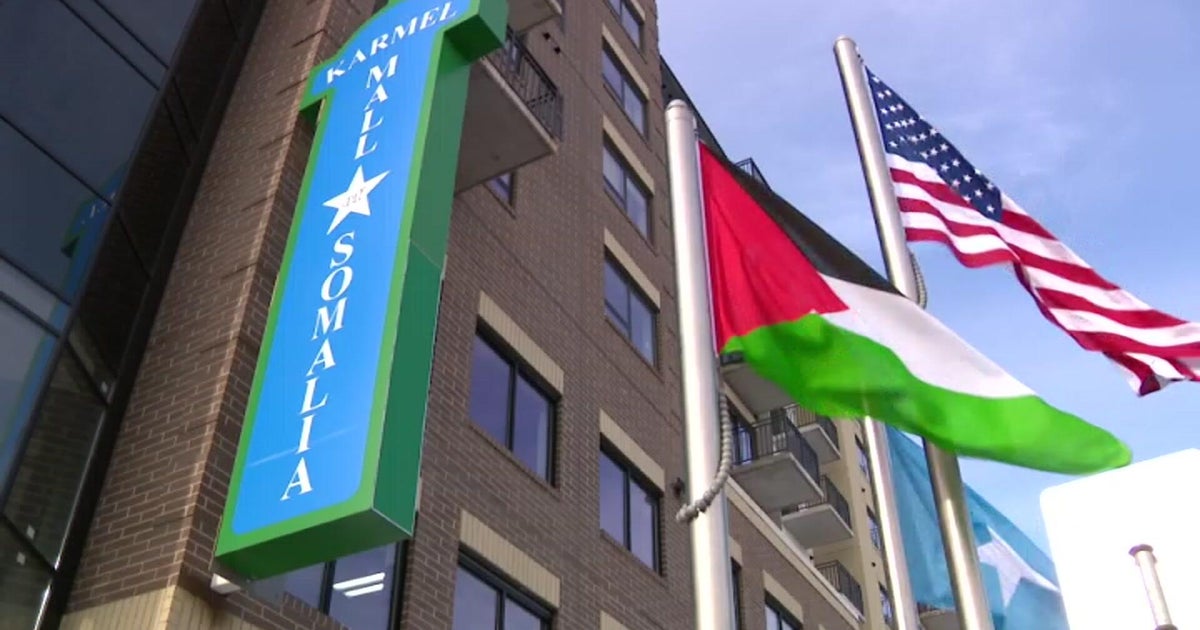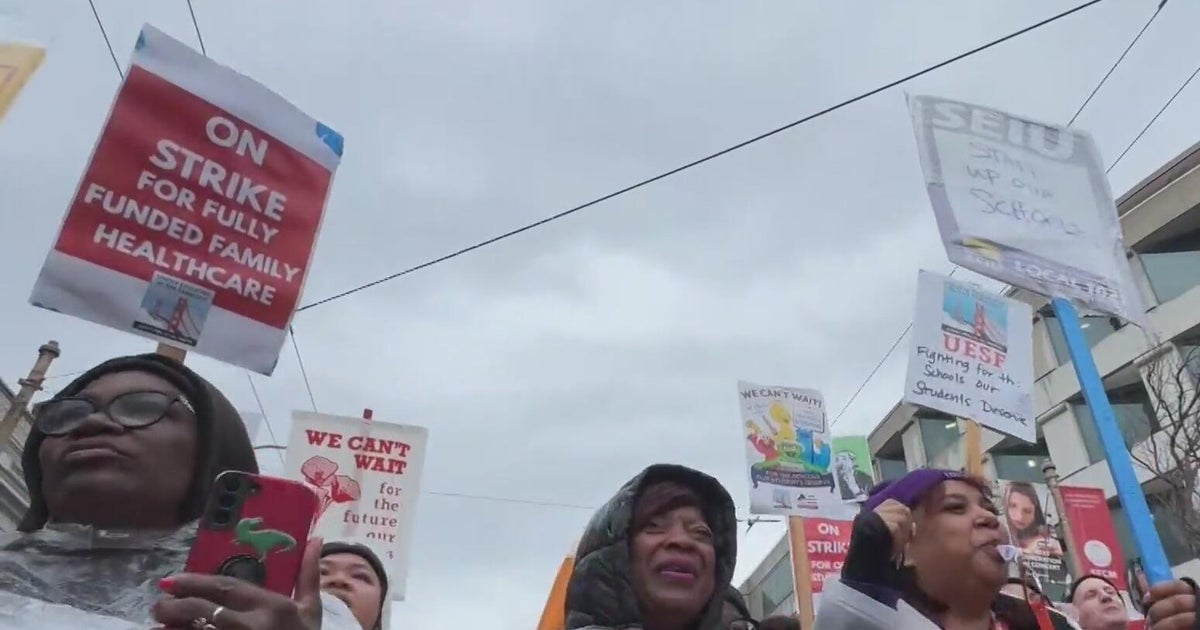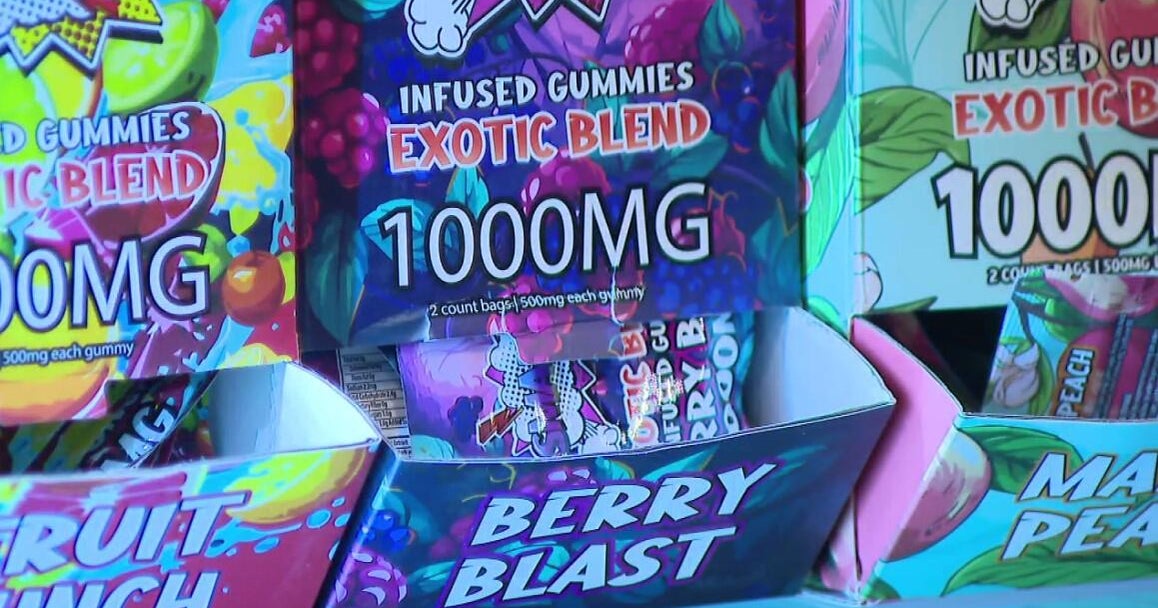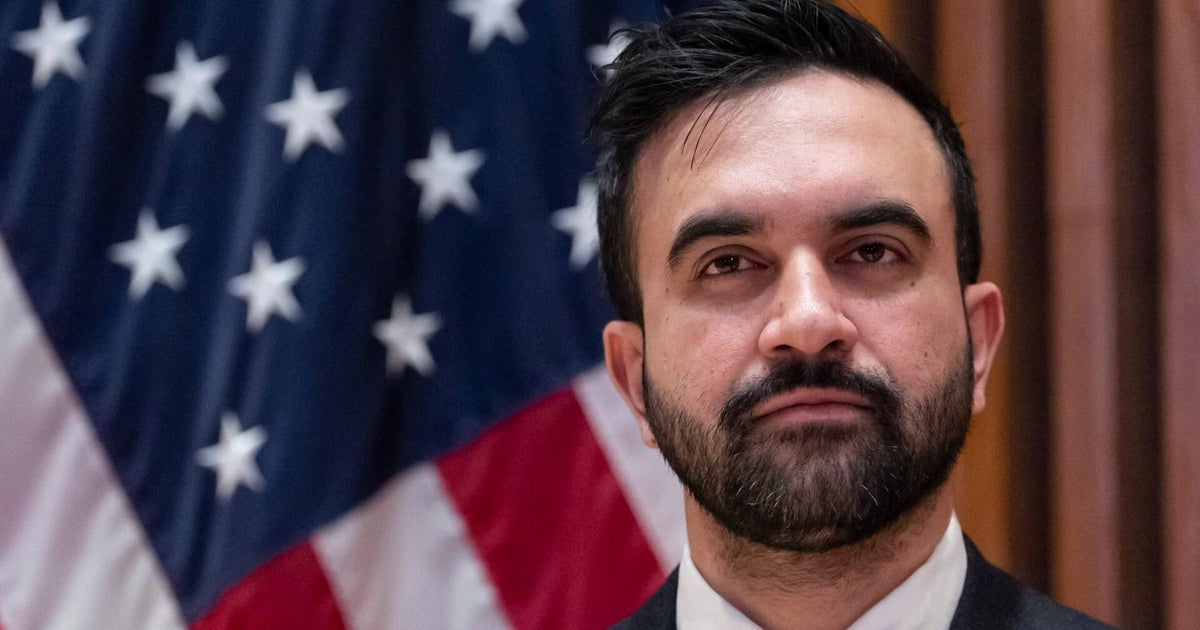San Francisco Mayor Breed navigates a tale of two cities as budget priorities take shape
SAN FRANCISCO -- As San Francisco sees retailers and other businesses leave town and the city struggles with the level and perception of crime, it's easy to think it's all doom and gloom. But that's not the perception in every part of the city.
"I mean, I fell in love when I came, and I am still in love with the city," said Paola, who's managed a gift shop on 24th Street in Noe Valley since 1984.
Paola's love affair with San Francisco is going on 30 years now. There have been ups and downs, but ask her how things are going in her neighborhood these days.
"So there is a little difference after Covid," she says. "But things are good here. I'm happy. Business is good. I feel safe."
Just a block away, making a tour of 24th Street Friday, was Mayor London Breed who heard from some of those upbeat business owners, and even fielded some photo requests, before talking about the other San Francisco.
"And I know people want to see something happen now," she said of the city's now infamous problems with drug addiction and property crime and quality of life issues.
Breed is beginning to roll out her budget plan in the face of a $700 million budget deficit, with a focus on public safety and mental health.
"The goal is to try to get people off the streets," she said. "And to not continue to tolerate the challenges that continue to persist in his neighborhoods."
There was an obvious contrast between the subject matter and the setting, which speaks to a broader story in San Francisco. 24th & Sanchez is not 7th & Mission, or Eddy & Hyde. Parts of the city are in crisis while others are thriving. The mayor is in the precarious spot of presiding over all of that.
"I know that I'm getting frustrated," Tenderloin District resident Alex Alvarado told us in February. "I want to move out but I can't afford it."
Different conditions, different attitudes. At the city's core, there is the intensifying debate over how to manage tremendous challenges. There's the drug crisis in the Tenderloin that prompted Tuesday's outdoor hearing.
"What is it about San Francisco," Randy Shaw of the Tenderloin Housing Clinic asked, "that these drug cartels have been allowed to take over? And we don't seem to have the ability to unleash them."
Then there's the collapse of retail and the traditional office, generational challenges for the city, even they can feel a world away from a bustling day in Noe Valley.
"So we gotta take all the layers into consideration," Breed said. "We have new neighborhoods. The city is growing and expanding, but not in the traditional, Financial District, 9 to 5 ways."
"I believe it's a cycle," Paola said. "And now I am positive and want to believe that things will change for the better."
With big challenges, there are plenty of priorities in San Francisco, and the belt-tightening is coming. The mayor's budget is due on June 1.
